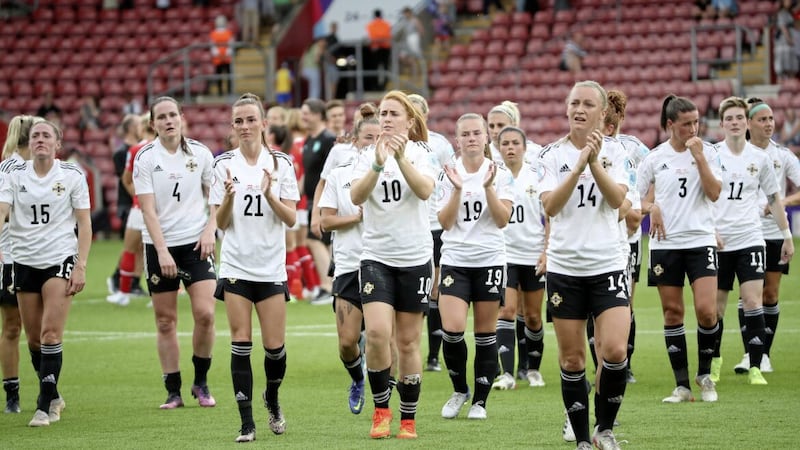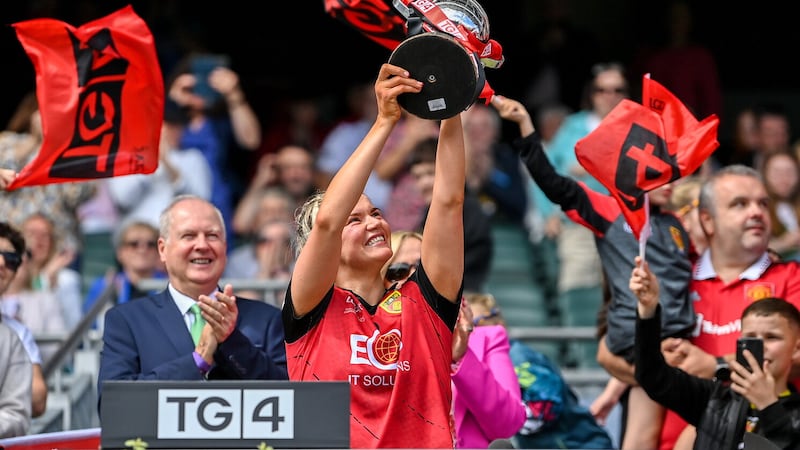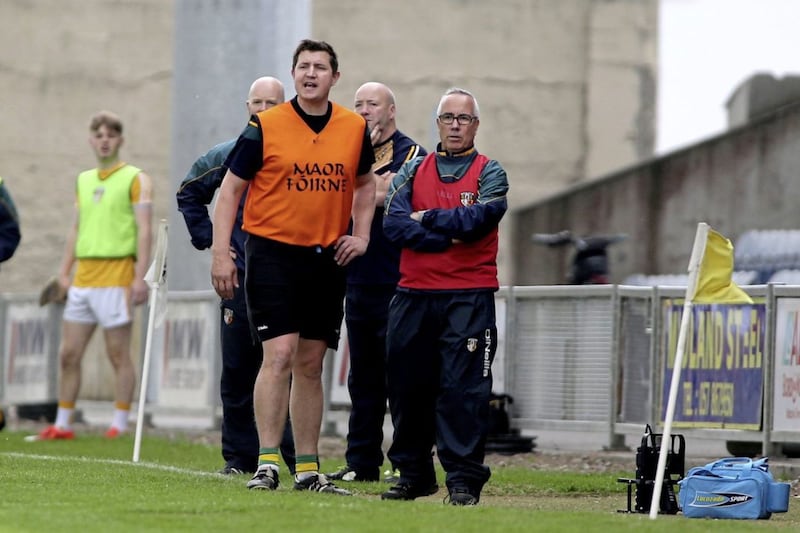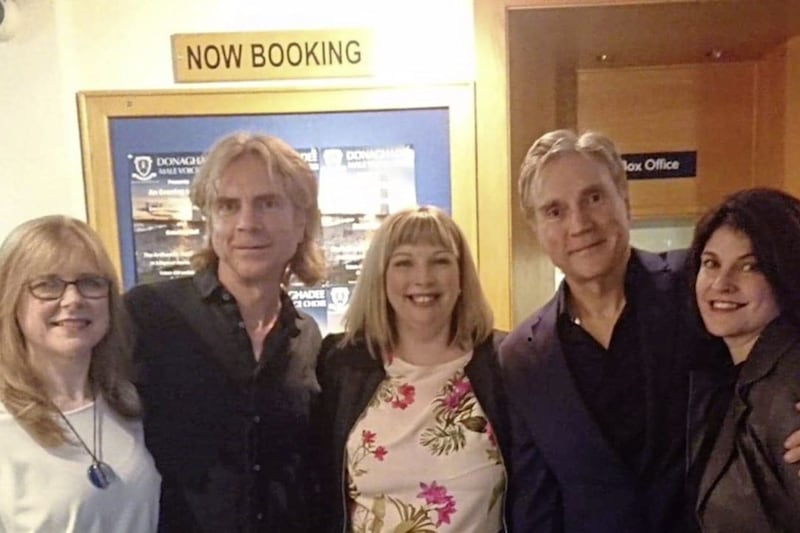THE Northern Ireland women’s Euro dream will end in Southampton this evening and for the large majority of the squad they will return to their day jobs after tasting six months of full-time football.
With local government assistance, Kenny Shiels’ squad were able to train as full-time athletes since the start of the year in preparation for the 2022 Women’s European Championships.
Given their part-time status for many, having six months to train professionally for the Euros was a huge help, but their preparations would still have felt slightly microwaved in comparison to the seasoned opposition they faced at the English finals.
Players would have had to make work-life adjustments since January and those returning to part-time football after the Euros will be another huge adjustment.
And it’s likely the gains made over the last six months will fade for those players returning to the amateur environs of the Women’s Irish Premiership.
Brendan Murphy, a full-time strength & conditioning coach with Antrim GAA, regards himself as only a “casual” observer of the travails of the Northern Ireland women’s team – but says to be able to compete with some of the best footballing nations on the continent has been no mean feat considering their starting point.
“I suppose it is a short period of professionalism in preparation for this competition and then they’re going back to their pre-routine which can be more difficult again because you’re going back into a second tier level of doing things, whereas before you were doing everything at a higher level and you were seeing improvements with being a full-time athlete,” said Murphy.
“Some of them are maybe in full-time football (at club level) which allows them to remain at that level. Others who are playing locally, it’s probably more challenging to maintain that level afterwards. The reality is they’re playing against women at the Euros who are training 12 months a year with their club and country on a full-time basis.”
Murphy, a Newry native, says being introduced to full-time sport and leaving it behind can be equally difficult at both ends of the process – but there are few among Shiels’ side who haven’t enjoyed the last six months and happily put their work or education careers on hold.
“It’s a bit of a shock for some people that have been in a certain routine for so long. You can’t expect people to one day be amateur and professional the next, in terms of how they live their lives.
“What a lot of people find is that they have a lot of free-time on their hands compared to working six or eight hours a day… It’s how you deal with that [free] time that becomes very important. What they do away from training is just as important as when they’re in training. When they find themselves at a loose end that’s the time when things can go awry.”
However, Murphy accentuated the positives of moving from part-time to full-time, albeit on a temporary basis.
“Not having to worry about work commitments gives them the opportunity to train and recover. If you’re only training on select days you’re having to cram more training in in less time...
“How well you recover from training will impact on how well you train in the next session... But not having the life stresses of trying to bridge an income while playing sport at a high level can be a real game-changer.”
Murphy was lead S&C coach with Canada’s Cycling team (2014-18) which included preparing them for the Olympics Games in Rio, and the following year was employed by Japan’s Cycling Federation (2018-19) where he was charged with developing high performance programmes.
He’s also built up a wealth of experience in the GAA, having worked at Bryansford GFC and Down GAA (2011-13).
He noted similarities between the North’s women’s team and the Antrim hurlers when they tried to close the gap between Division Two and Division One.
“When we moved from Division Two and Joe McDonagh hurling oppositions, the physical demands of the game increased by 10 per cent,” he said.
“That’s automatically 10 per cent extra workload on those players whenever you’re playing a Cork or a Waterford… I don’t know what the stats would be for women’s soccer but you could imagine if you’re going up against tier one opposition, the demands of the game totally change compared to the lower levels teams they might have played.
“They probably don’t have the time to prepare, physically, to match those higher ranked teams. So you’re trying to cram a lot into it, and players can break down because you’re trying to get so much done before a deadline and the start of those major tournaments. You don’t have long enough even though you’re full-time… You need time to reap the rewards of going full-time, if that makes sense.
“I’m sure the Northern Ireland women’s team have got everything at their disposal in terms of sports science and monitoring players’ physical and mental wellness."







